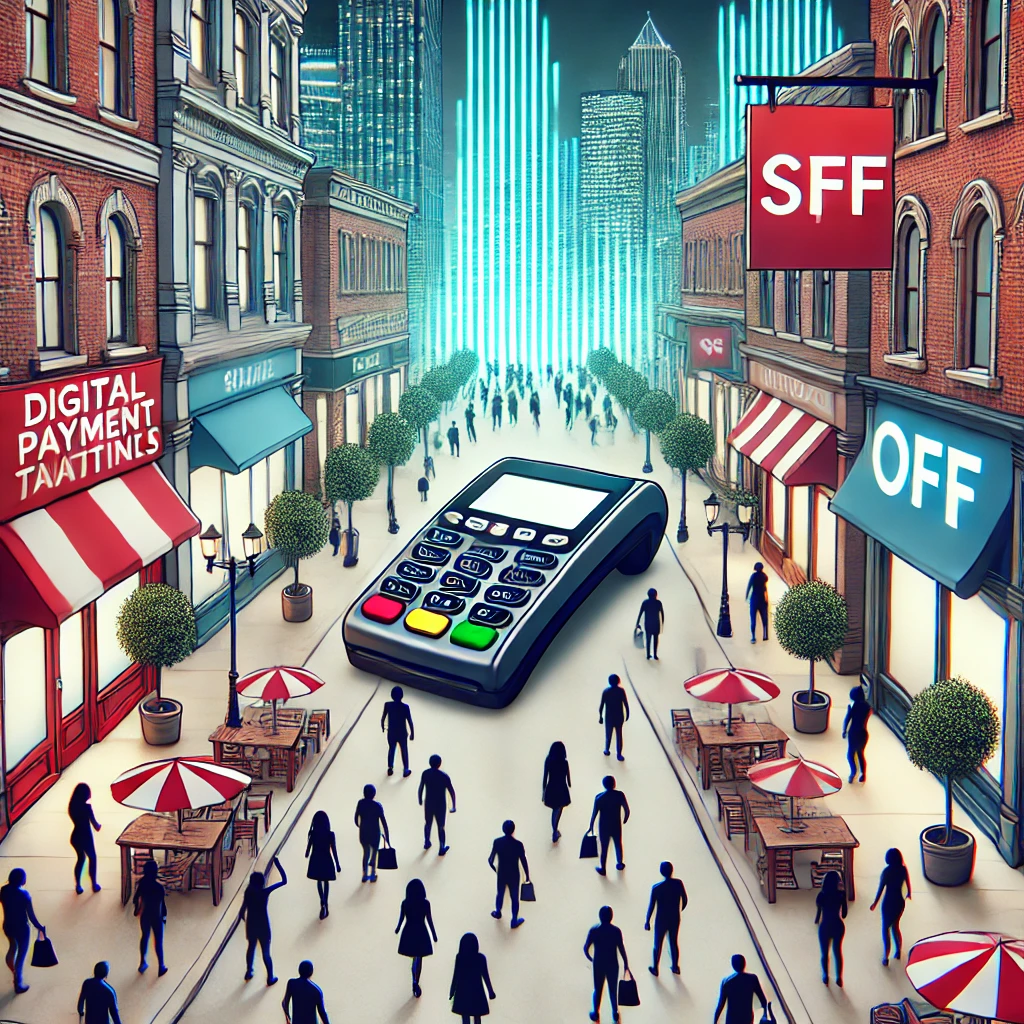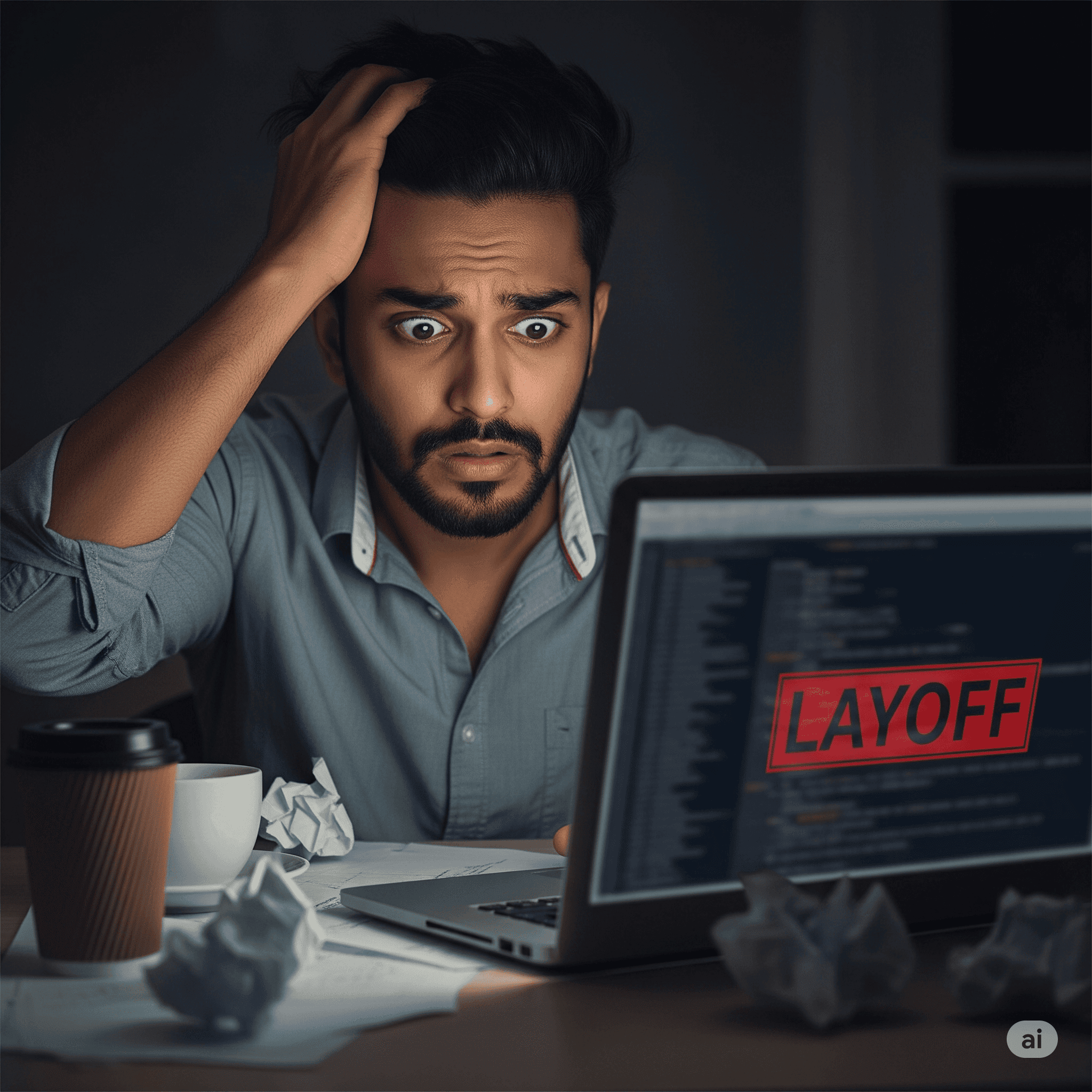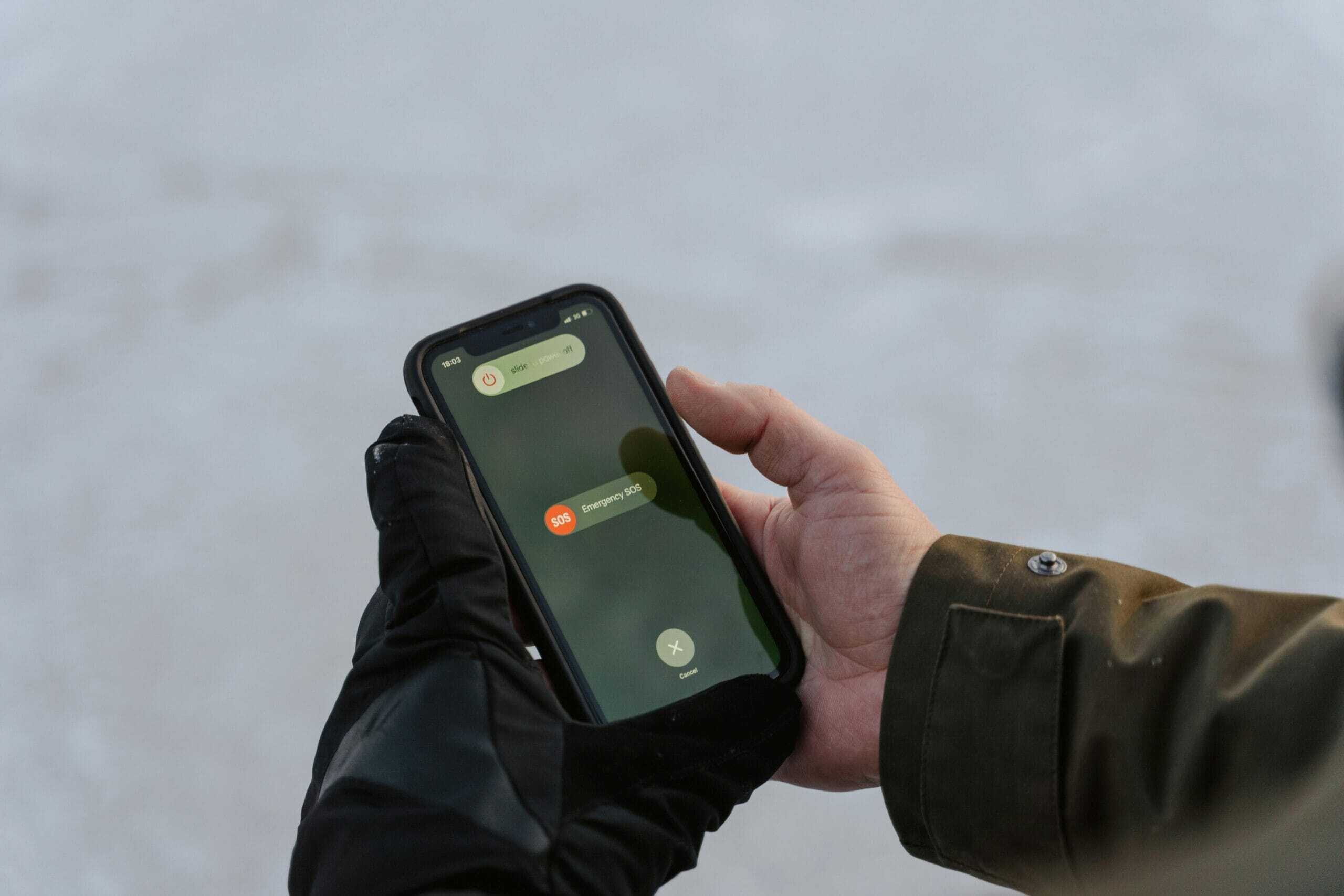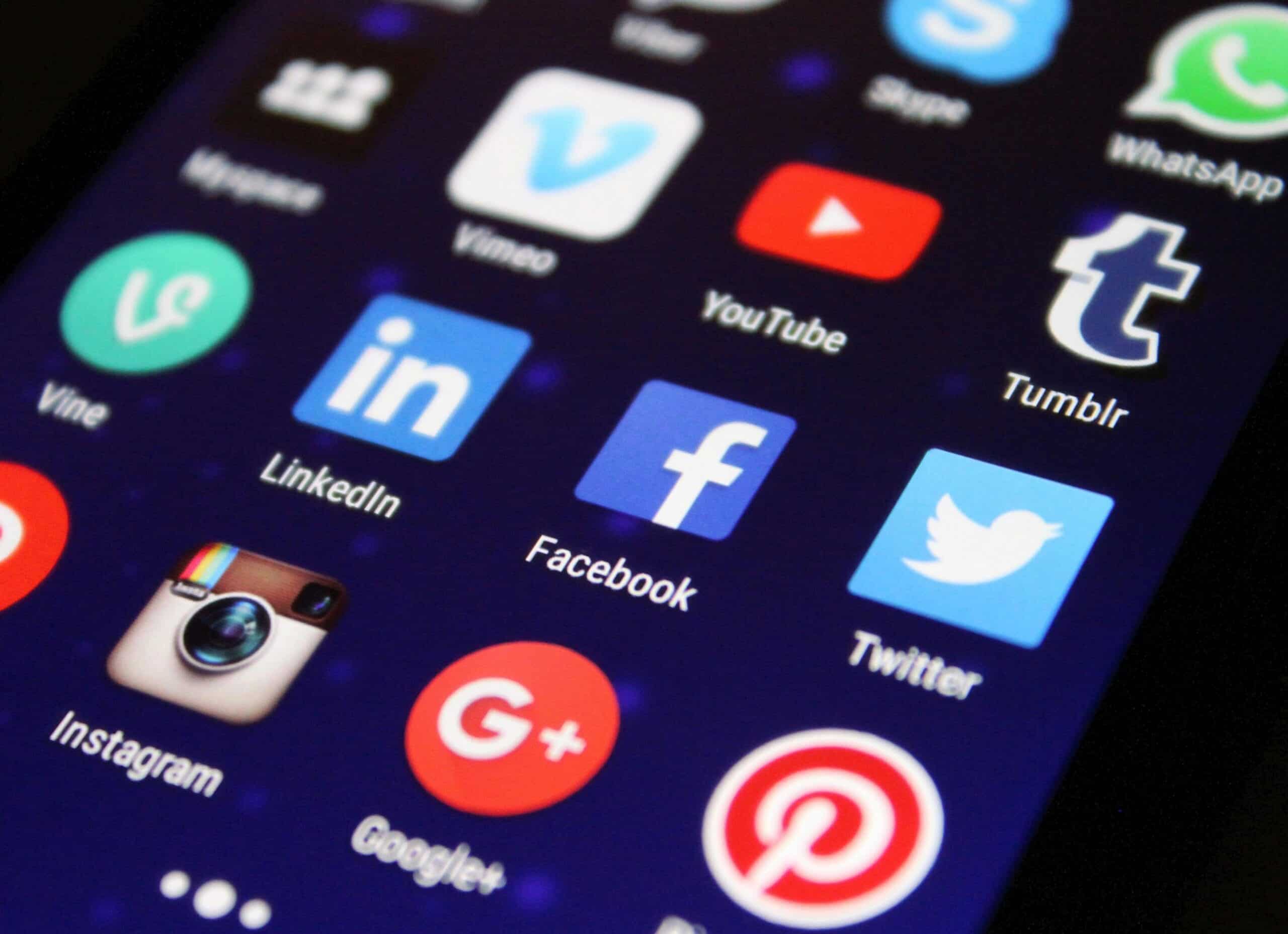
In recent years, consumer-driven boycotts have emerged as a powerful means of protest, influencing corporate behavior, government policies, and public discourse. The latest initiative—a 24-hour economic blackout—urges consumers to halt all spending for a day. But can such a brief financial freeze truly make a difference, or is it more symbolic than impactful?
What is an Economic Blackout?
An economic blackout is a form of protest where participants deliberately refrain from making purchases—whether online or in physical stores—to send a message to businesses and policymakers. Advocates believe this strategy highlights economic disparities, demands corporate accountability, and reinforces the influence of collective consumer action.
The Purpose Behind the Boycott
Supporters argue that even a short-term halt in spending can have noticeable effects on businesses, particularly those that rely on daily revenue streams. The movement aims to:
- Raise Awareness: Bring attention to social, economic, and environmental issues.
- Challenge Corporate Practices: Pressure businesses to adopt ethical and responsible policies.
- Amplify Consumer Power: Show that collective action can impact economic structures.
- Encourage Sustainable Spending: Promote conscious consumerism and financial mindfulness.
How Businesses Could Be Affected
The potential effects of a 24-hour economic blackout vary depending on the scale of participation. Possible impacts include:
1. Revenue Disruptions
Companies, especially in retail, food services, and e-commerce, may see a temporary dip in sales. However, most businesses might recover quickly as consumers resume normal spending the next day.
2. Stock Market Fluctuations
If the boycott gains significant traction, industries that rely on consumer spending—such as hospitality, retail, and transportation—could experience short-term volatility in their stock prices.
3. Corporate Reputation Risks
Businesses facing repeated boycotts could suffer reputational damage, prompting them to reassess their policies. Public pressure can lead to changes in corporate practices, such as improved wages, sustainable sourcing, or better ethical standards.
4. Shift in Consumer Behavior
While a single-day boycott may not cripple industries, it can encourage long-term changes in consumer spending habits. A heightened awareness of where and how people spend their money may lead to sustained ethical consumption trends.
Does a 24-Hour Boycott Actually Work?
Historical precedents suggest that economic boycotts can drive substantial change—but usually over extended periods. For instance:
- The Montgomery Bus Boycott (1955-1956): A 381-day protest led to significant civil rights advancements in the U.S.
- Boycotts Against Apartheid South Africa: Economic sanctions and consumer boycotts contributed to the end of apartheid in the 1990s.
- Recent Corporate Boycotts: Brands have made policy changes in response to sustained consumer pressure regarding social justice and environmental concerns.
While these examples show that consumer action can be effective, most successful boycotts lasted months or years rather than just a single day. A 24-hour blackout may serve as a symbolic effort to spark conversation, but real impact often requires long-term commitment.
Final Thoughts: Symbolic or Effective?
A 24-hour economic blackout may not result in immediate financial losses for corporations, but it can create a ripple effect in public discourse and consumer behavior. The real power lies in sustained advocacy, ongoing financial mindfulness, and pressure on businesses to adopt ethical practices. If paired with consistent action—such as long-term boycotts, petitions, and legislative advocacy—such movements can contribute to meaningful change.
Would you participate in an economic blackout? Share your thoughts on how consumer action can shape the economy. Stay tuned for more insights on economic trends and activism.





